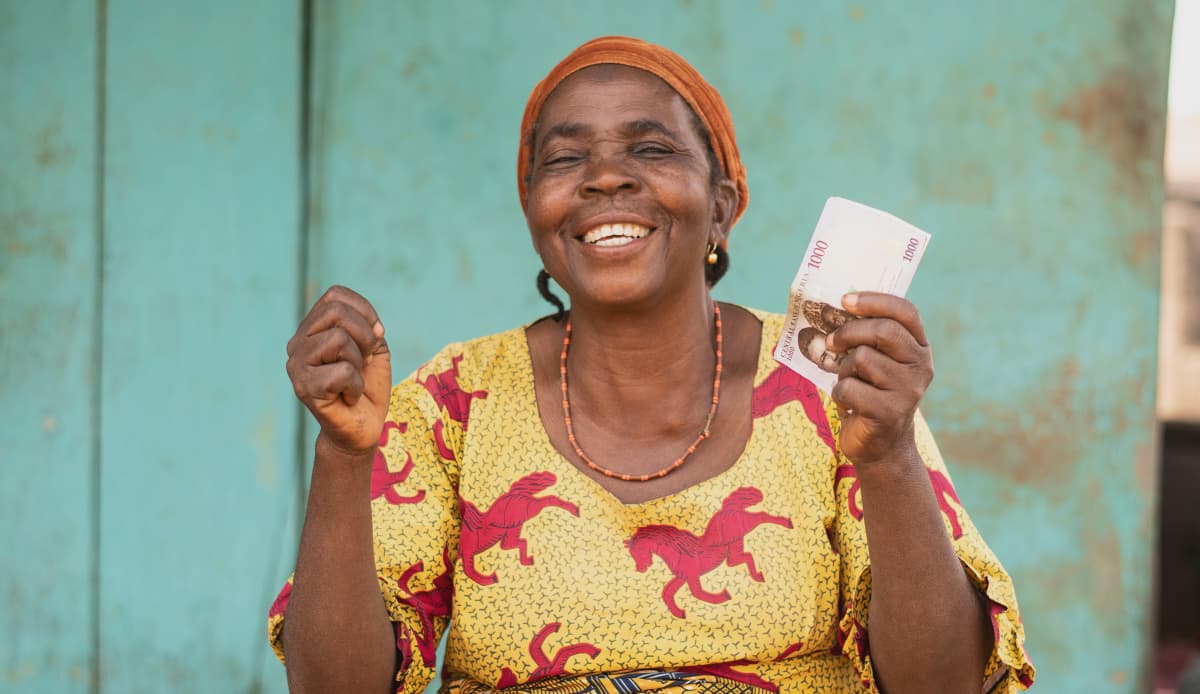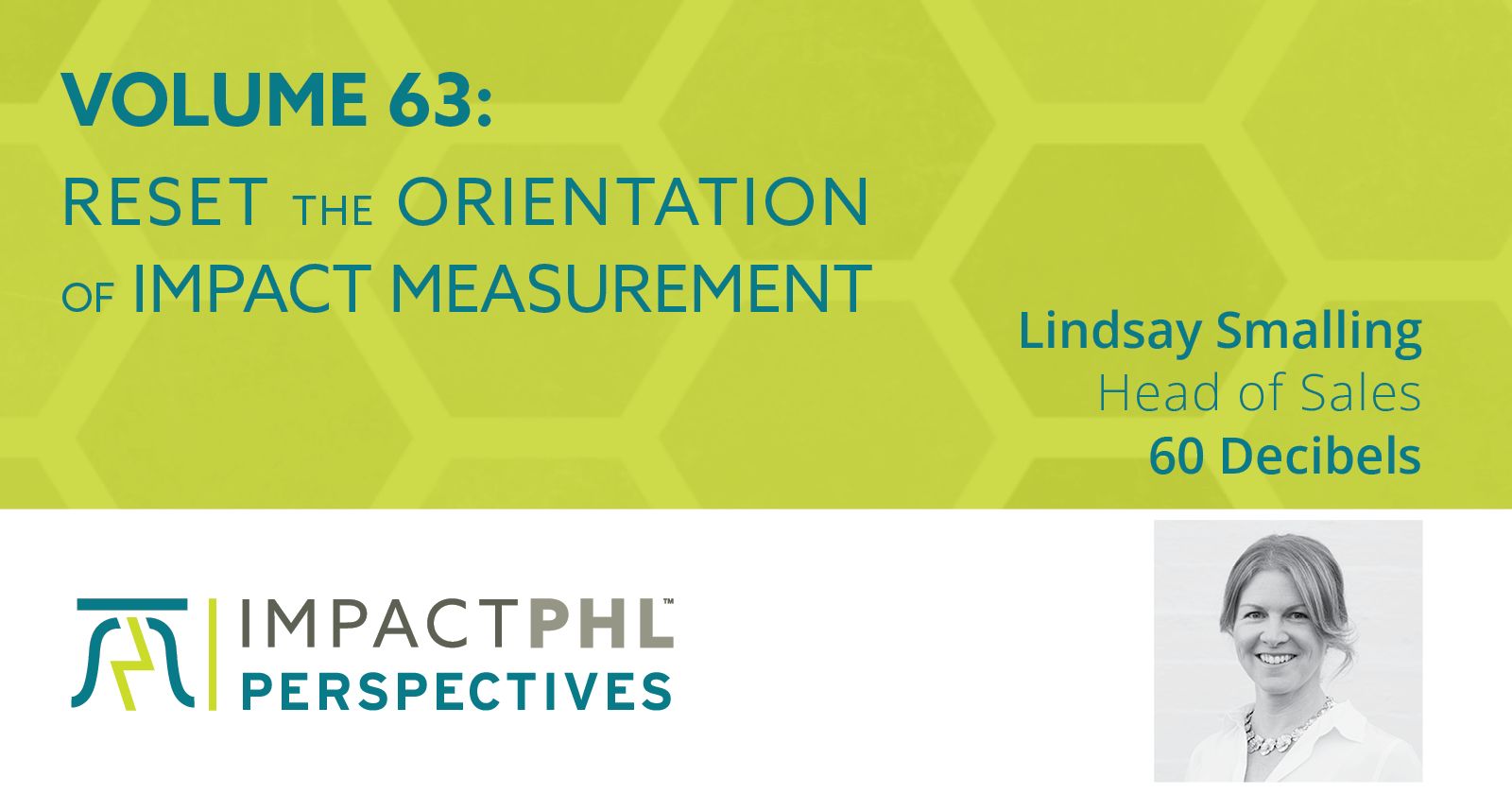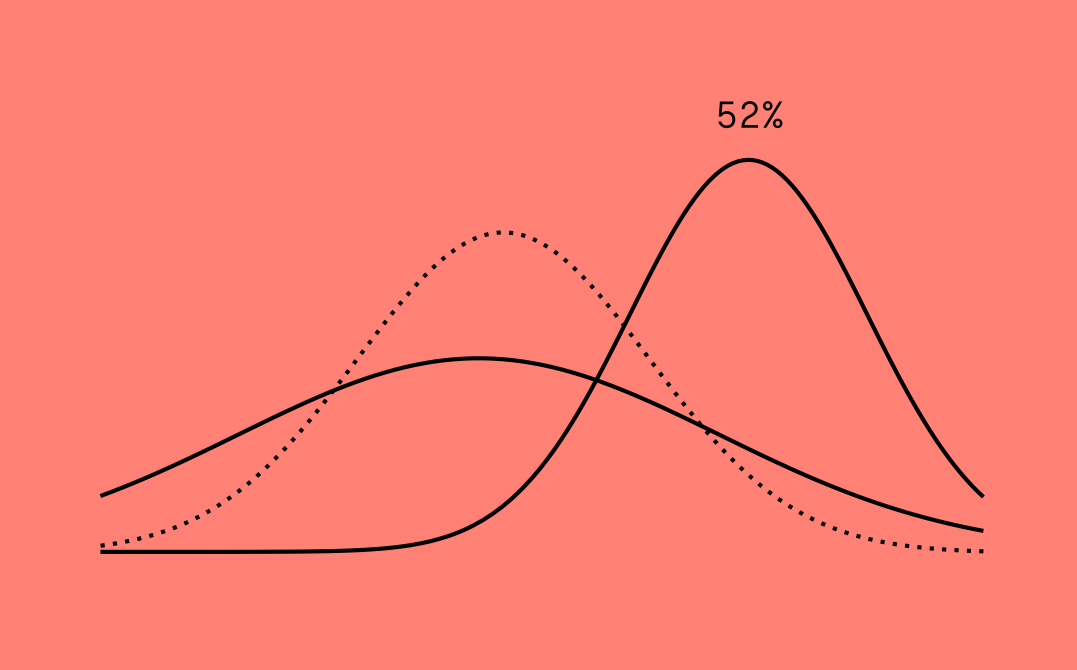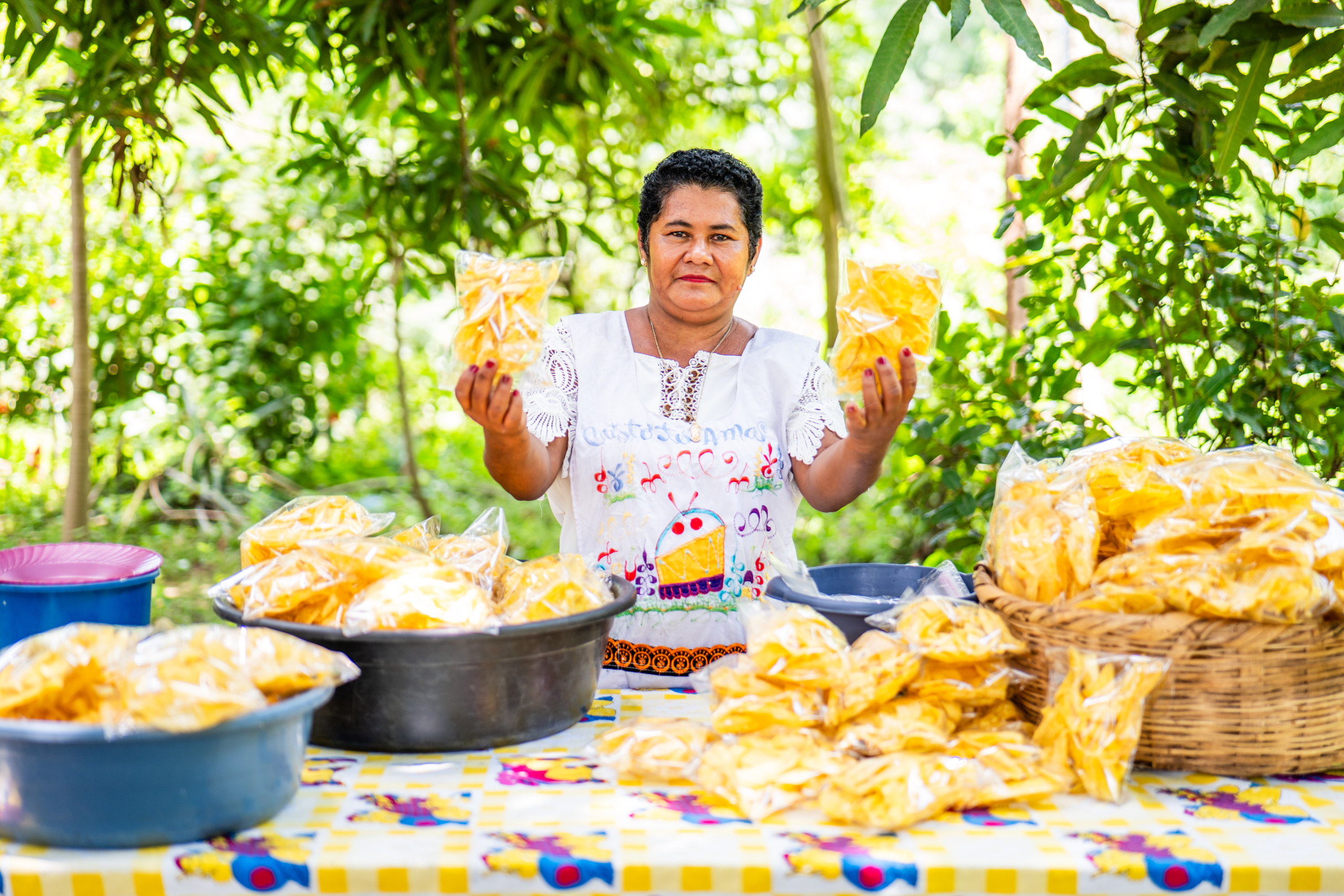
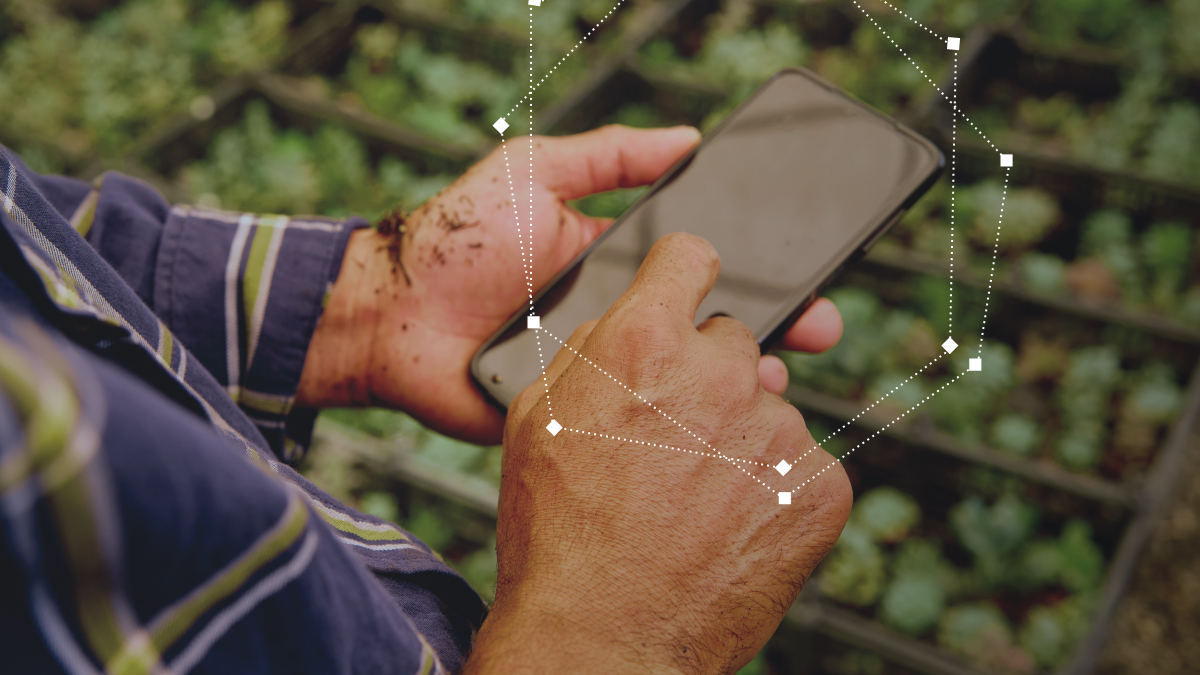
Latin America’s Fintech Ecosystem: A Rising Global Contender
Puedes leer este artículo en español aquí.
Latin America’s fintech ecosystem has experienced remarkable growth over the past few years, positioning the region as a major contender on the global fintech scale. With innovative regulatory adoption, substantial venture capital investments, and a significant unbanked population, Latin America is both fertile ground for investment and critical to shaping the future of fintech.
Fintech’s Dominance in Latin America
Latin America and the Caribbean account for an impressive 22.6 percent of global fintech platforms, making it home to nearly one in four of these innovative solutions while boasting less than 10% of the global population. Moreover, data from investment data company Preqin reveals that more than three-quarters of the total venture capital investments in Latin America between 2017 and 2021, amounting to $26.8 billion, went to fintech startups. This infusion of capital has nurtured a thriving fintech landscape, fostering innovation and attracting both local and international investors. In addition, positive customer experience results can already be seen; our data indicates that financial inclusion customer satisfaction (as measured by the Net Promoter Score) is higher in Latin America (average 64) than the world average (52).
Addressing Financial Inclusion Challenges
Latin America faces a significant issue of financial exclusion, with an estimated 70% of the region’s population being unbanked or underbanked. Traditional financial institutions often restrict access to credit and predominantly cater to the wealthy, leaving a vast portion of the population without access to essential financial services. Fintech companies have stepped in to bridge this gap by leveraging technology and providing accessible and inclusive financial solutions. Our data indicates that 52% of clients are accessing a financial inclusion product for the first time, which highlights the importance of inclusion in this sector. By utilizing mobile banking, digital wallets, and innovative lending platforms, fintech startups are reaching underserved populations, empowering individuals and small businesses with financial tools previously out of reach.
Disrupting Traditional Banking Models
The rise of neobanks (aka digital-only banking platforms) has revolutionized banking in Latin America. Nubank, the world’s largest neobank, is based out of Brazil and valued at $23 billion. Unlike traditional banks, neobanks eliminate the need for physical branches, offering convenience, cost-effectiveness, and user-friendly interfaces. This disruptive model has resonated with consumers, especially the younger demographic, and has paved the way for further innovation and competition in the banking sector. According to our data, 86% of financial inclusion clients mention that their quality of life has improved thanks to these companies.
Limited Choice and Regulatory Advancements
Compared to the thousands of banks operating in the United States with 28.3 banks per 100,000 people, Latin America has only 11.2 banks per 100,000 people. In Brazil, over 80% of deposits are concentrated within the top five banks. The limited landscape leads to limited consumer choices; these big banks have little incentive to innovate if consumers can’t move their money elsewhere. However, governments across Latin America have proactively set baseline regulatory frameworks, promoting fintech growth and establishing a sense of political security that is lacking in fintech markets of other regions across the globe. Mexico passed the fintech law “Ley Fintech” in 2018, while Brazil introduced its Open Banking project in 2019. Other countries in the region including Peru, Chile, and Argentina are following suit – creating a secure environment for fintech startups to thrive.
Latin American regulators have shown a proactive approach in developing advanced payments infrastructure. Mexico and Brazil in particular have introduced real-time payment systems, such as Brazil’s PIX, which outpaces the traditional transfer time (sometimes around two days) in the United States. Additionally, Mexico’s implementation of an electronic invoicing system in 2004 and subsequent adoption of digital payments to the government in 2014 demonstrates the region’s early adoption of fintech innovations, compared to similar initiatives emerging in the United States.
The rapid growth of the fintech industry in Latin America over the last five years is a testament to the region’s immense potential and the opportunities it presents for inclusive finance. With substantial venture capital investments, a high percentage of unbanked individuals, and forward-thinking regulatory frameworks, Latin America has become a fertile ground for fintech innovation. The region’s advancements in funding, market adoption, digitization, and regulation are setting an impressive stage that cannot be ignored. As investors and entrepreneurs flock to Latin America, it is evident that this burgeoning fintech ecosystem will continue to shape the future of finance on a global scale.
As the industry grows, it will be more important than ever to center the customer voice, ensuring fintech solutions are improving the life of each user. If you are interested in learning more about how you can measure the social impact of your fintech company or organization, reach out.
